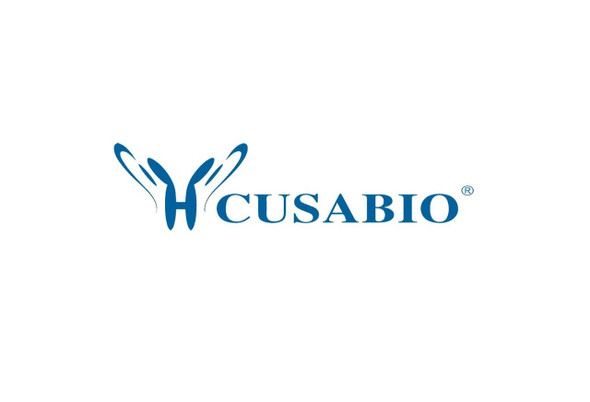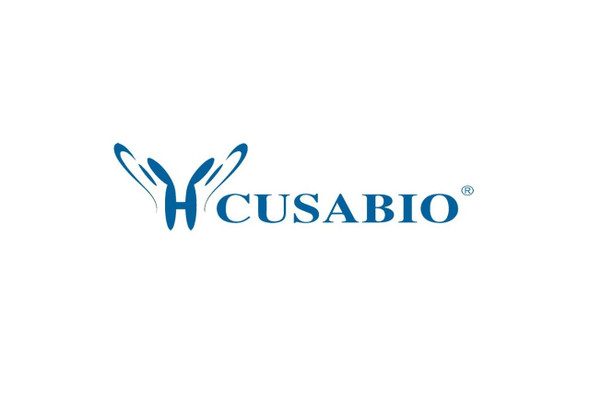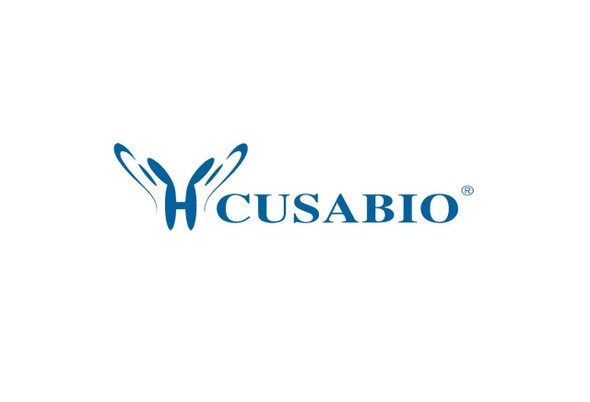Cusabio Polyclonal Antibodies
BNIP3L Antibody | CSB-PA570255
- SKU:
- CSB-PA570255
- Availability:
- 3 to 7 Working Days
Description
BNIP3L Antibody | CSB-PA570255 | Cusabio
BNIP3L Antibody is Available at Gentaur Genprice with the fastest delivery.
Online Order Payment is possible or send quotation to info@gentaur.com.
Product Type: Polyclonal Antibody
Target Names: BNIP3L
Aliases: BCL2/adenovirus E1B 19kDa interacting protein 3-like
Background: This gene is a member of the BCL2/adenovirus E1B 19 kd-interacting protein (BNIP) family. It interacts with the E1B 19 kDa protein, which protects cells from virally-induced cell death. The encoded protein also interacts with E1B 19 kDa-like sequences of BCL2, another apoptotic protector. This protein counteracts the apoptotic inducer BNIP3 and may play a role in tumor suppression.
Isotype: IgG
Conjugate: Non-conjugated
Clonality: Polyclonal
Uniport ID: O60238
Host Species: Rabbit
Species Reactivity: Human, Mouse
Immunogen: Synthetic peptide of human BNIP3L
Immunogen Species: Human
Applications: ELISA, IHC
Tested Applications: ELISA, IHC;ELISA:1:2000-1:5000, IHC:1:50-1:200
Purification Method: Antigen affinity purification
Dilution Ratio1: ELISA:1:2000-1:5000
Dilution Ratio2: IHC:1:50-1:200
Dilution Ratio3:
Dilution Ratio4:
Dilution Ratio5:
Dilution Ratio6:
Buffer: -20°C, pH7.4 PBS, 0.05% NaN3, 40% Glycerol
Form: Liquid
Storage: Upon receipt, store at -20°C or -80°C. Avoid repeated freeze.
Initial Research Areas: Cell Biology
Research Areas: Cancer;Cardiovascular;Cell biology;Metabolism











